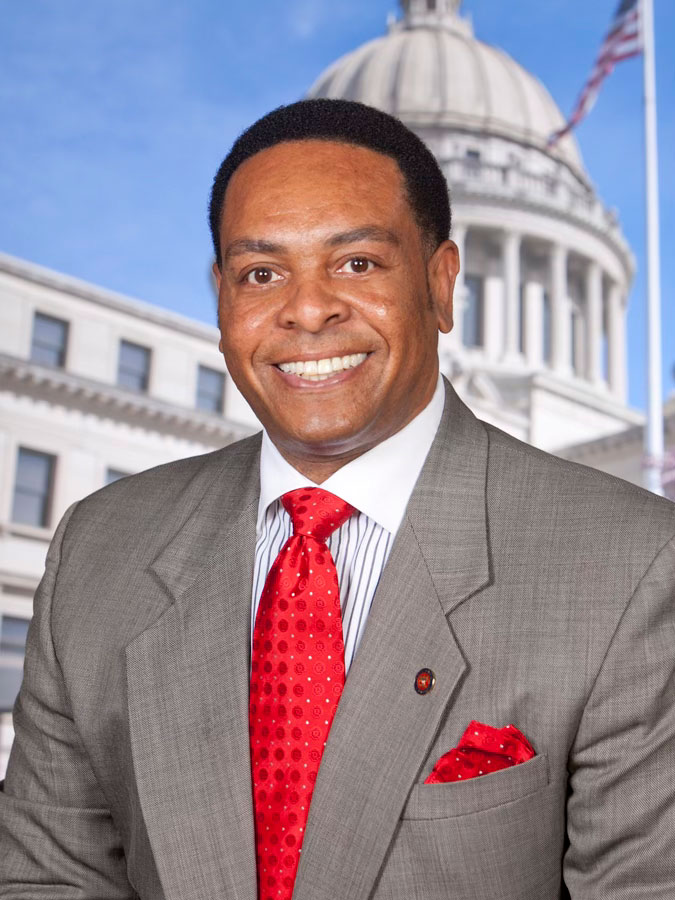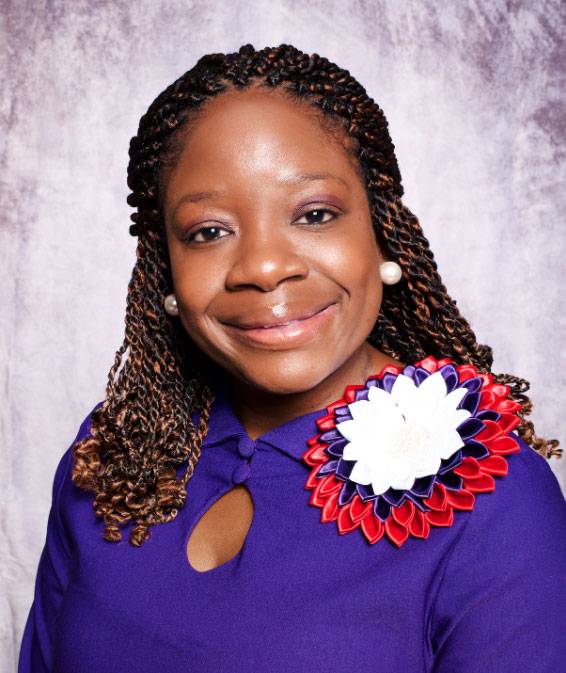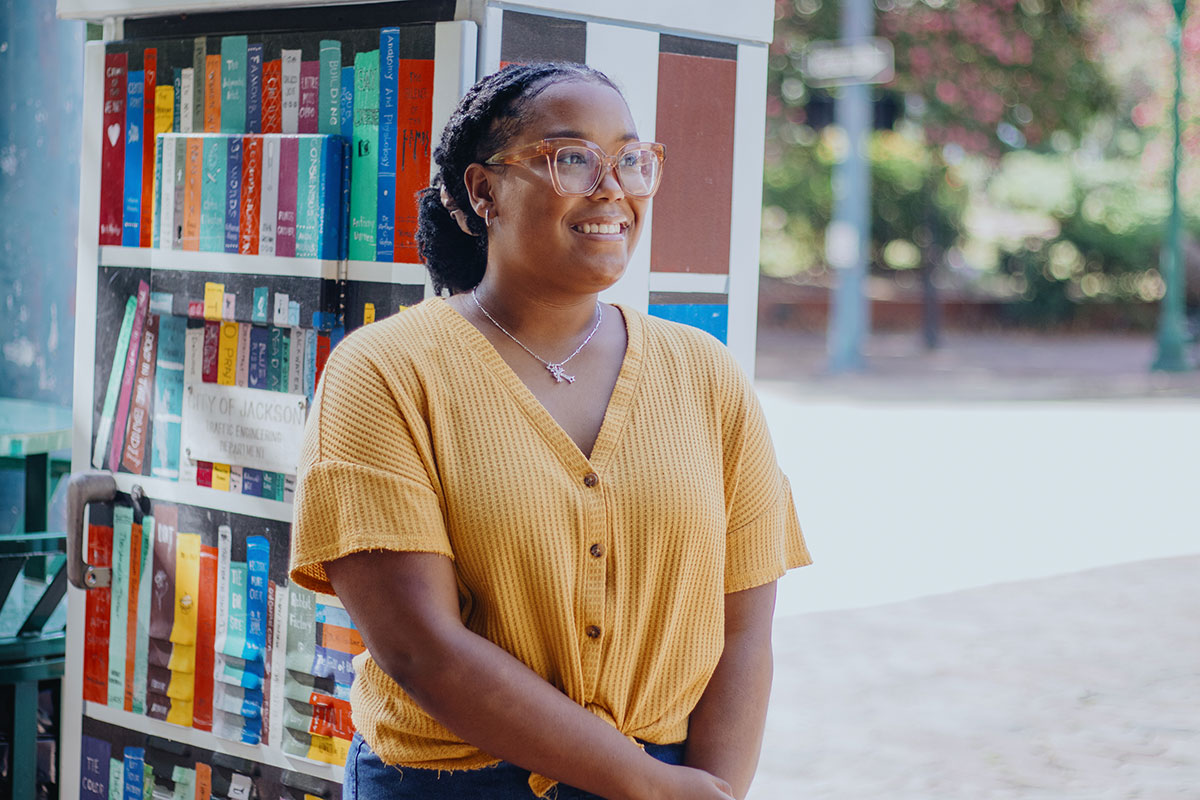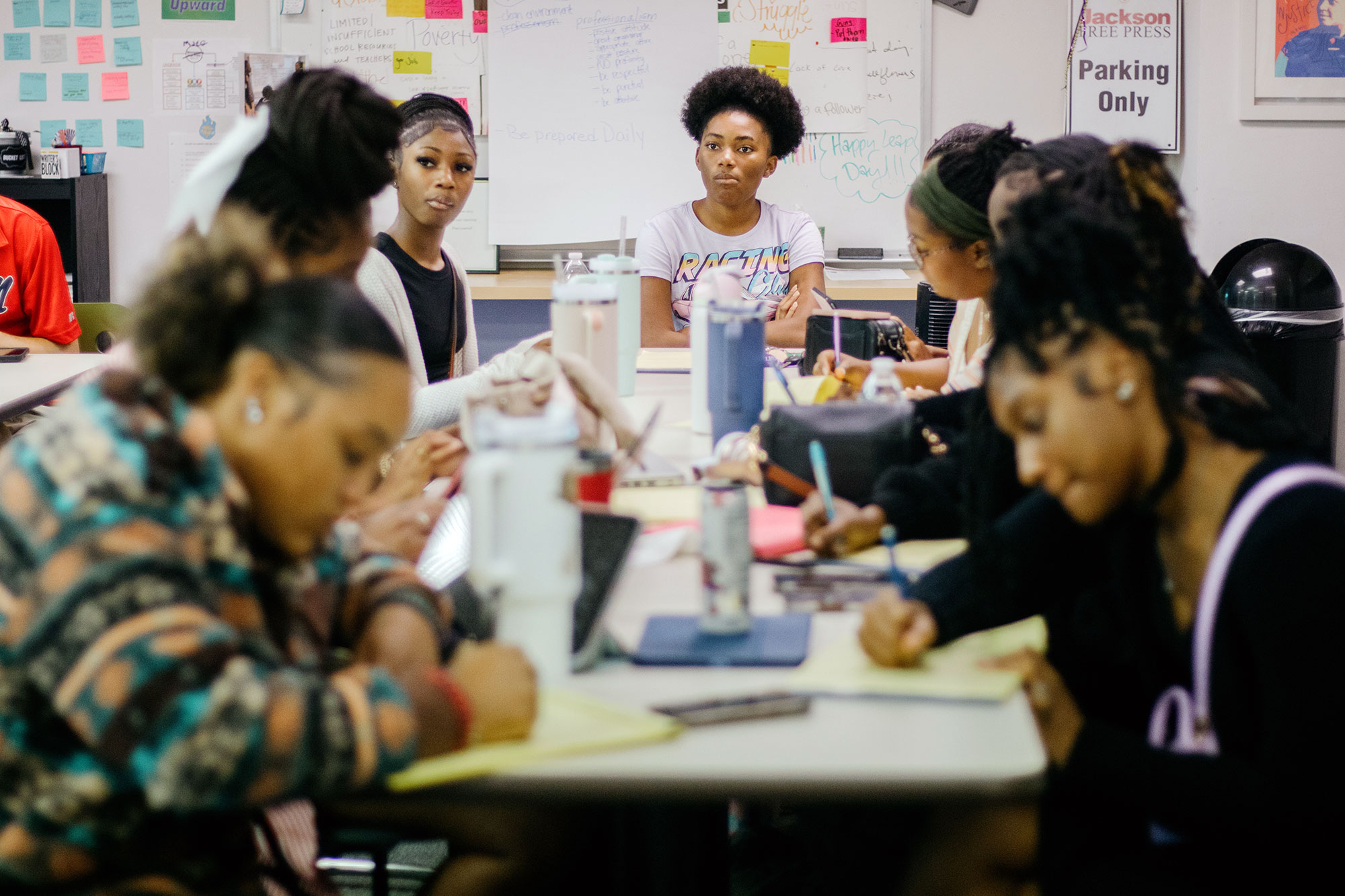By Ava Washington

Taylor Brandon, a 2024 Youth Media Project student who recently turned 18, is currently going through the process of registering to vote. Throughout her high school career, she took many AP classes, so she understood the importance of voting—but she never learned the steps she needed to take to register to vote. This has caused Brandon to have to go different places online to gather information on how to vote.
Brandon said this is something she could have learned at school.
“Our youth aren’t taught anything that is significant to a successful life. They aren’t taught politics, finance or how to save and how to invest money,” Kenny Wayne Jones, a former member of the Mississippi Senate and a veteran of the U.S. Army, told the Youth Media Project. “These are things you have to know as you go through life.”
In Mississippi, the turnout for voters between the ages of 18 and 24 has been decreasing. In 2020, the turnout rate for voters in this age bracket was 46%, but that dropped to just 26% in 2022. Although 2020 was a presidential election year and 2022 was not, studies show that younger people are more easily influenced by their peers and public figures than the older generation is.

One called “Age Differences in the Prosocial Influence Effect,” published by the National Library of Medicine, found that children and adolescents were more likely than adults to change their ratings of prosocial behavior—defined as “behavior which is positive, helpful, and intended to promote social acceptance and friendship—as a result of social influence. “It’s all in what you see and listen to. You don’t understand the mental conditioning that’s coming to you not only from social media but by the media itself and the things you listen to,” Jones said.
Although media influence plays a major role in how much young people know about politics, schools are also an important factor in educating young voters. “(The reason politics aren’t taught in schools) could be for various reasons–number one, fear,” Nakisha Davis, the assistant principal of Dana Road Elementary School in Vicksburg, said. “I think it’s such a controversial subject and everyone has different perspectives and opinions, so we try to steer away from it. Schools often have limited time and limited resources, so we try to prioritize subjects, and people don’t often think of politics as a primary subject.”
Davis had several suggestions to improve youth participation, education and engagement. She says she would first recommend going back to the basics. “The structure of government, the roles of different branches and positions, which is what is being taught now—but try to make it more relatable to what teens and youth go through in their own lives,” she said.
Davis said incorporating interactive activities into youth lessons on politics would help give them a better understanding of the content, particularly if teachers made use of “things such as mock elections, role playing, field trips and guest speakers.”
Brandon says her school had a form of mock elections, as Ridgeland High School allowed its students to vote on members of the Student Council, but there were no drop boxes for voting or signing a ticket to signify a cast vote. If her school had made it feel more like the “real thing,” she thinks she would be a little more prepared for the presidential election in November.

The school district did provide some opportunities for its students to engage with the electoral process, as Brandon went on field trips to the state capitol in middle school, but when she went to high school, those trips stopped. “These trips didn’t mean as much to me when I was in middle school—probably because I wasn’t even thinking about how important it is to vote at that moment—but I feel like if we would’ve been able to go on trips like that in our junior and senior year, I would’ve valued it so much more,” Brandon said.
Davis echoes Brandon’s concerns about the exclusion of young people from the electoral process, believing that politicians should try to appeal more to young voters. “It’s not that they don’t care and that they don’t want to be involved, but it’s like, ‘How do my concerns and viewpoints on society and the world align with what you feel and what you have going on?’’ the assistant principal explained.

